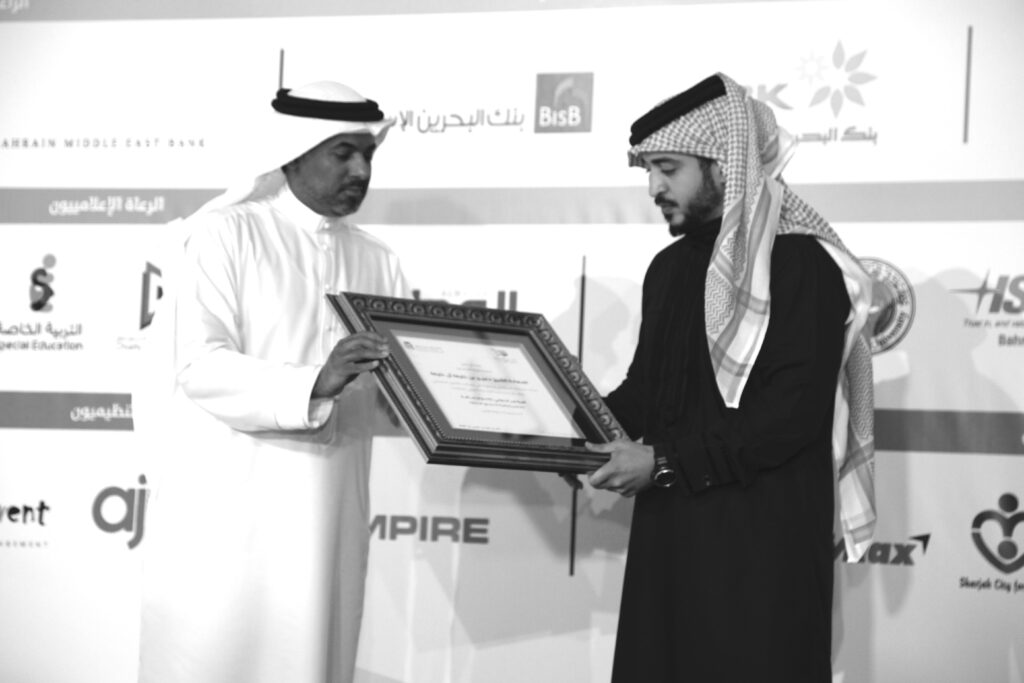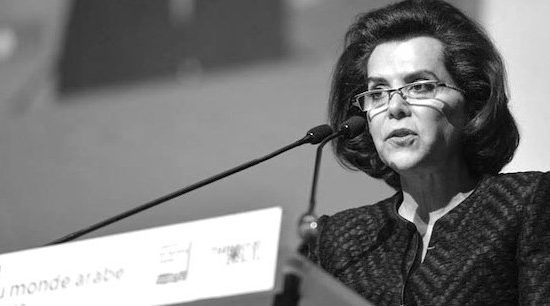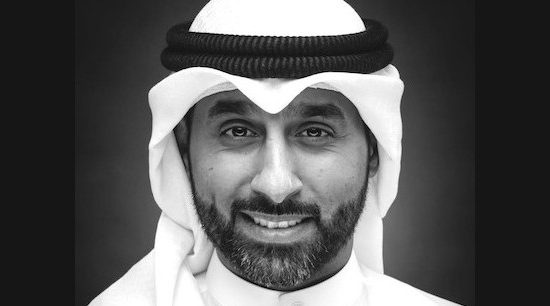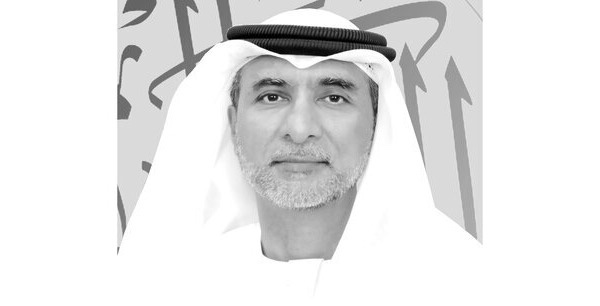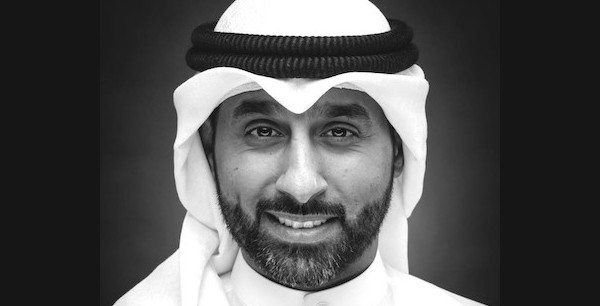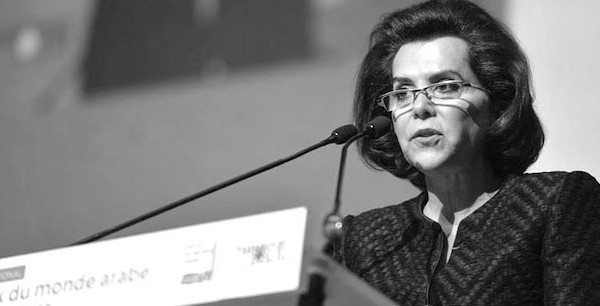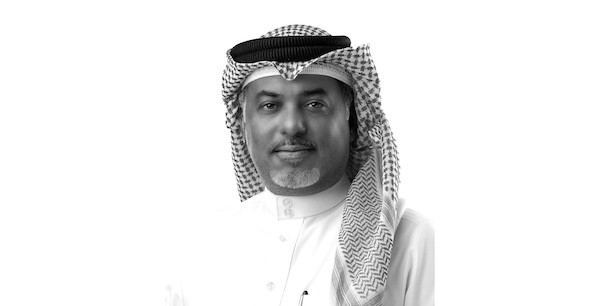
The main focus of our lives is to learn and share personal knowledge and experience. Why stay only in our own countries? Let’s explore the world. Everyone has strong potential that can be developed, especially if we nurture our qualities in the right way. I believe that leadership may differ across countries, but the main principles remain very similar. It is always a pleasure for me to support leaders in other countries, such as Mr. Ahmed Mohammed Buhazza, who leads the youth of Bahrain to new successes and supports the country’s economy with his programs.
Le Globless: Ahmed, with 25 years of experience in the government sector, financial services, insurance, and telecommunications, how did your career begin?
Ahmed Mohammed Buhazza: I started my career as a Computer Science graduate working as a developer in an insurance company. I then moved to Batelco, Bahrain’s only telecommunications provider at the time, where I managed various projects, including the first e-commerce platform in the GCC in 1998.
My experience at Batelco included managing a large Oracle- based HR implementation and later working at CapiVest (now Ebdar), a finance and investment company. I expanded my knowledge in finance and trading, eventually becoming the Head of IT and Operations Director at Investment House, where I also took on compliance roles.
I provided consultancy for a newly established stock brokerage in the UAE and executed similar projects for finance and real estate companies in Saudi Arabia. I then transitioned to the government, serving for E-Service delivery and channel enhancement in E- government of Bahrrain. And Director of Financial Information at the Ministry of Finance.
My diverse experiences across sectors, coupled with my MBA and Master’s in Finance, have equipped me with a solid understanding of the market. I also worked as a Board Director in Saudi Arabia, focusing on business development and marketing.
Additionally, I run the Youth Entrepreneurial Tech Camp, which trains students to become entrepreneurs by exploring opportunities in the technology market.
Le Globless: With such a diverse range of successes, how do you reflect on your journey, and how are you now leveraging these experiences to impact both the public and private sectors through training and innovation?
Ahmed Mohammed Buhazza: One of the biggest successes was managing the first e-commerce service provider in Bahrain. The second major success was managing the largest financial system, which was the Ministry of Finance in Bahrain, used by all government entities. Additionally, I managed the largest portal in Bahrain for the e-government. These are key achievements. Besides that, I organized multiple conferences, one of which ran for four years and attracted participation from 23 countries.
Participating in these activities is a significant success for me, and I’m proud of it. Currently, based on these experiences, I am sharing my expertise with different sectors, both government and private, through training.
I provide training in leadership and innovation, which I now consider one of my specialties. When people attend my training sessions, they appreciate the relevant and practical stories and examples I share.
Le Globless: How does leadership training work?
Ahmed Mohammed Buhazza: My training emphasizes management as a crucial skill. I’ve studied at prestigious institutions like Harvard, Stanford, and MIT, and I combine this knowledge with my experience across various sectors. This approach resonates with participants because it’s practical and relevant.
I also lead a unique 15-day program for students, where they visit incubators, accelerators, and tech companies, learning about AI, cloud computing, fintech, and more. Instead of traditional classroom sessions, we take them directly into the industry, allowing hands-on learning and real discussions with experts.
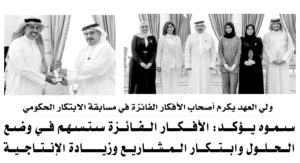
,,However, one challenge is shifting the mindset from seeing a career in government or the private sector as the safest option to embracing entrepreneurship. Encouraging entrepreneurship is vital because it creates jobs and drives economic growth. While many initiatives support this in Bahrain and the GCC, changing perceptions is still necessary.”
Le Globless: And does that mean the program is backed by the government of Bahrain or an individuals?
Ahmed Mohammed Buhazza: We developed this concept in collaboration with the Minister of Industry and Commerce, but it is financially supported by various companies in Bahrain.
Le Globless: The project support youth and their future success, Is this your personal mission and vision?
Ahmed Mohammed Buhazza: I designed the program initially for my kids, but, that’s the way I’m doing it here. I have different things I can do, and as a financial return, I can do conferences, exhibitions. But these programs, I like it because it has some innovation, engages them, and train them better than just sitting with them and teaching.
One of the program that I done called Discover Bahrain. I bring people from around world , with 25 participants in each outreach.
We want to bring the Bahrain closer to the people, facilitate business and cooperation, and open new partnerships between countries. I like to enjoy my life by doing something for the future of our country I like to train people, teach them, values, skills, knowledge, okay, through interesting and entertaining, program.
Le Globless: Do you think that faith has an influence on other leadership skills? What is a key point of leadership?
Ahmed Mohammed Buhazza: In religion or even in business, you have to give back to the economy and to the people. Otherwise, you will not be happy.
Supporting people will take different forms. Actually, if a business wants to succeed, it should understand people better and serve them more. As a leader, it is your responsibility to serve people; they are your superiors, and you should make decisions that are right for the entire company, not just for individuals. Serve people.
For example, as part of the government: I’m serving you. This is something I’m giving you. But if I know that you are paying taxes, or that I am hired to serve you, and you are my boss, I will try to help you better than before. That’s my role. You have to find a way to help you as much as possible because I am hired for you, and you are my taxpayer.
If we change our mindset, and even in Islam, giving charity- whether money or otherwise – is an act of giving. Actually, it’s believed that the amount you give is small compared to what you receive, as God’s rewards are much greater. This concept teaches us to give more and to give without asking for a return.
Ultimately, socially, spiritually, and personally, you gain more if you serve and help people. You will find happiness in having a purpose in life.
Otherwise, if you live only for yourself, your life ends with you.
But if you live to serve others, your service continues to have an impact, and those you serve will, in turn, help others.
That’s how you extend your life.
Le Globless: What is the key point of leadership?
Ahmed Mohammed Buhazza: The most important thing is to have a clear vision; everything else follows from that. Everything else includes your knowledge, experience, and technical skills. However, as you advance in a leadership role, emotional intelligence becomes increasingly crucial.
As a leader, you need more emotional intelligence because leading and influencing people often involves connecting with them emotionally. Intelligence in leadership means understanding how to read people and manage them effectively. You need to understand each person’s system—some may respond better to strict management, while others thrive on appreciation and encouragement.
Managing different people requires knowing how to approach each one appropriately. For instance, publicly appreciating someone in front of others can sometimes lead to jealousy or negativity, depending on the team culture. In my experience managing diverse teams across various cultures, I’ve seen that organizational cultures can greatly impact how motivational strategies are received.
For example, an “Employee of the Month” program might be successful in one organization but could lead to criticism and negativity in another. Team culture significantly influences how such programs are perceived.
To manage effectively, you need both intellectual and emotional intelligence. This becomes more complex when managing groups due to varying behaviors and dynamics. There are different theories about cognitive and emotional development, such as:
-
- Self-Socialing: This stage involves conforming to the group’s ideology and behavior. Individuals at this stage tend to follow the group’s mood and perspective.
-
- Self-Authoring: Individuals in this stage develop their own values and beliefs. They can understand differing viewpoints but operate based on their personal framework.
-
- Self-Transforming: This is the highest level, where individuals can integrate and navigate multiple perspectives. They understand and manage different ideologies and lead diverse groups effectively.
These stages are part of a developmental theory that describes how individuals evolve through different levels of cognitive and emotional development. Leaders who operate at the self-transforming level are typically more adept at managing complex and diverse teams because they can integrate various perspectives and navigate intricate social dynamics.
Le Globless: Have you thought about writing a book?
Ahmed Mohammed Buhazza: Yes, I already started, the book is about making the highest impact with your life. It covers aspects related to religion but focuses on valuing and managing yourself, and leading yourself to greater success. Consider yourself a project.
Just as you’d do due diligence with an investment, you should do the same with yourself. Implement yourself where you can get the highest return, whether financial, spiritual, or otherwise.
Managing yourself as a project involves understanding the investment cycle,
Identifying opportunities for growth, and learning how to handle failures and obstacles.
By doing so, you can maximize your personal and professional development,
ensuring that you achieve the highest possible return on your efforts.
HH Shaikh Khalid bin Hamad Al Khalifa, First Deputy President of the Supreme Council for Youth and Sports (SCYS) and President of Bahrain Olympic Committee (BOC) with Mr. Ahmed Mohammed Buhazza.
All RIGHTS OF PICTURES AND IDEAS RESERVED. MADE BY KINZA VIERIK. All Contents Copyright 2022
Le Globless . All Rights Reserved


